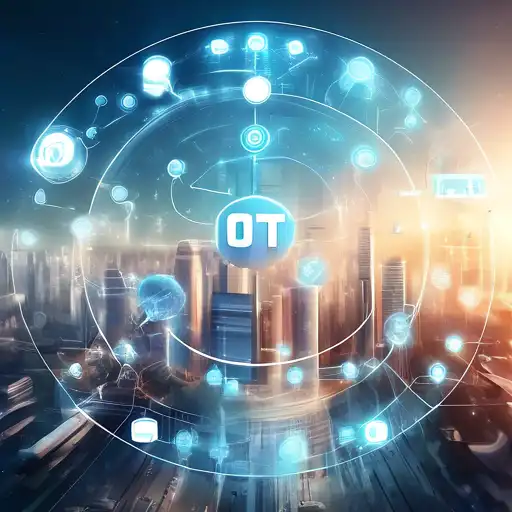The Future of IoT: Predictions for 2025
The Internet of Things (IoT) is rapidly evolving, transforming how we interact with technology on a daily basis. By 2025, experts predict that IoT will have an even more profound impact on our lives, industries, and the global economy. This article explores the key trends and predictions for IoT in 2025, offering insights into what the future holds.
1. Exponential Growth in Connected Devices
By 2025, the number of connected IoT devices is expected to surpass 75 billion worldwide. This growth will be driven by advancements in technology, decreasing costs of sensors, and the increasing demand for smart devices. From smart homes to industrial IoT, the expansion of connected devices will create a more interconnected world.
2. Enhanced AI Integration
Artificial Intelligence (AI) will play a pivotal role in the future of IoT. AI algorithms will enable smarter decision-making processes, predictive maintenance, and personalized user experiences. The integration of AI with IoT devices will lead to more autonomous systems that can learn and adapt over time.
3. Greater Focus on Security
As the number of connected devices grows, so does the potential for security vulnerabilities. By 2025, we can expect a stronger emphasis on IoT security, with advancements in encryption, blockchain technology, and secure access management to protect sensitive data.
4. IoT in Healthcare
The healthcare industry will see significant benefits from IoT innovations. Wearable devices, remote monitoring, and smart implants will become more prevalent, enabling better patient care and more efficient healthcare systems. IoT will also play a crucial role in managing public health crises.
5. Smart Cities and Infrastructure
Smart cities will become more common by 2025, with IoT at the core of urban development. Intelligent traffic systems, energy-efficient buildings, and waste management solutions will improve the quality of life for residents and reduce environmental impact.
6. The Rise of Edge Computing
Edge computing will gain prominence as a way to process data closer to the source, reducing latency and bandwidth use. This will be particularly important for real-time applications, such as autonomous vehicles and industrial automation.
7. Sustainable IoT Solutions
Sustainability will be a key focus for IoT development. Energy-efficient devices, renewable energy integration, and smart agriculture technologies will contribute to a more sustainable future.
In conclusion, the future of IoT is bright, with endless possibilities for innovation and improvement. By 2025, IoT will have transformed industries, enhanced our daily lives, and addressed some of the world's most pressing challenges. Stay tuned to the latest developments in IoT to be part of this exciting journey.
